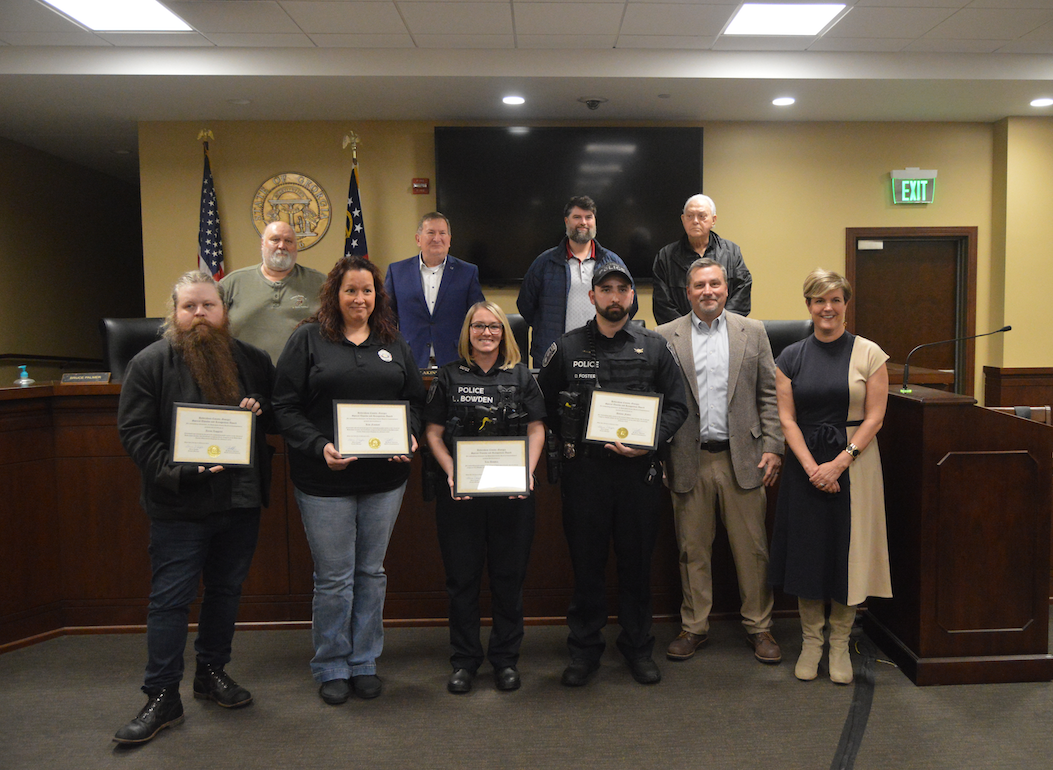Health fads, including diets, come and go. One of the more recent is intermittent fasting. It has gained much popularity in recent years as an effective way of losing weight.
During this time of Lent, many Christians practice fasting as part of this holy observance. In addition to weight loss and spiritual strengthening, are there other health benefits? Let’s take a closer look.
In a 2018 US News and World Report article, the results of a study by Harvard and Duke were discussed. The results indicated that embracing dietary restrictions from time to time might reinvigorate cells and promote healthy aging. The study linked longevity to changes in the mitochondrial networks, which are structures within our cells responsible for producing energy.
In addition, studies performed by the USC Longevity Institute show a diet that mimics fasting may activate the immune system, making cancer cells more vulnerable to attack by the immune cells and more sensitive to chemotherapy.
According to a 2022 Verywell Health article, research shows that fasting may slow the progression of multiple sclerosis by decreasing inflammation and altering gut bacteria.
Recently, Healthline reported that several studies have found fasting may improve blood sugar control, especially useful for diabetics and those at risk of developing the disease, by reducing insulin resistance. Reducing insulin resistance allows insulin to transport glucose from the bloodstream to the cells more efficiently, keeping your blood sugar levels more steady.
Other studies have shown the psychological effects of fasting can lead to negative emotions, such as irritability, but also positive psychological experiences, such as elevated mood and a sense of reward and accomplishment.
To stay healthy while observing fasting avoid intensive exercise and stay hydrated. Eating enough protein and keeping a balanced diet when not fasting can also minimize irritability and fatigue. Diabetics who struggle with maintaining stable blood sugar, those with kidney disease or who are breastfeeding, are underweight, or those recovering from surgery or illness should avoid fasting from all food and drink and should contact their healthcare provider before attempting even short-term fasting.
In summary, fasting may provide short and long-term health benefits for healthy people as well as physiological and spiritual benefits when done in a healthy way. Fasting can be another tool in our toolbox, so to speak, to enhance our physical and spiritual well-being.
For more information on fasting, the National Institute on Aging’s website is an excellent resource.
________________
Tracy Backer is a Registered Nurse with 39 years in the medical field specializing in critical care nursing. Her health columns appear regularly on Now Habersham. She may be reached at [email protected]. For more health-related content, click here.




















